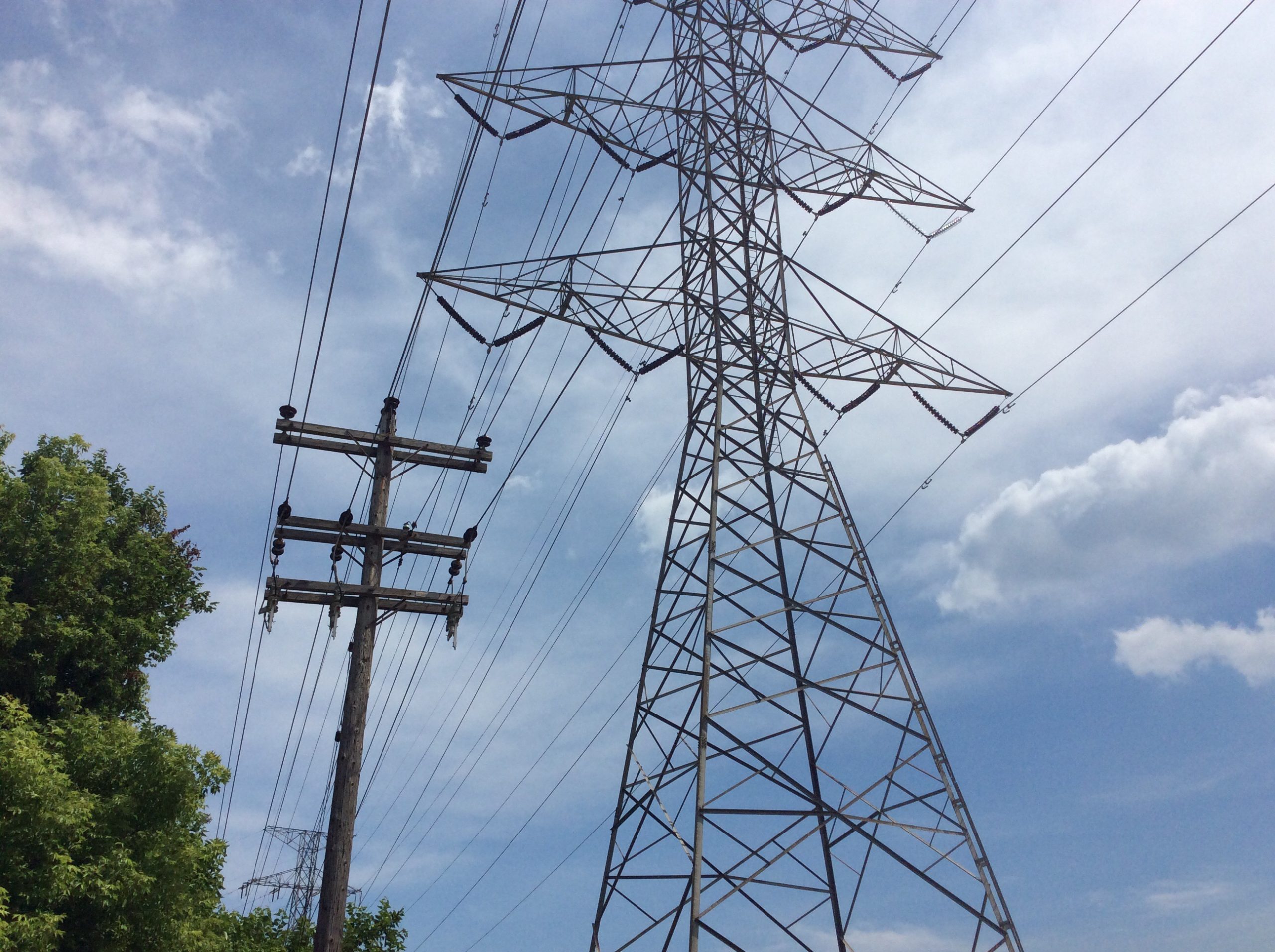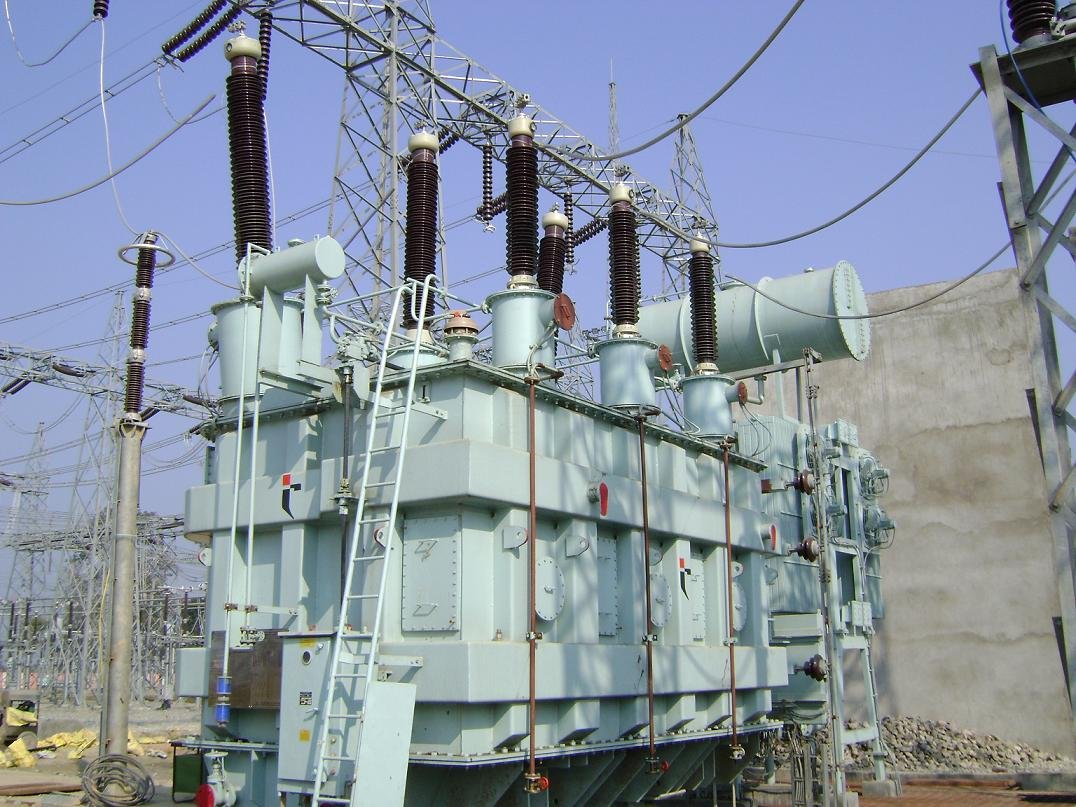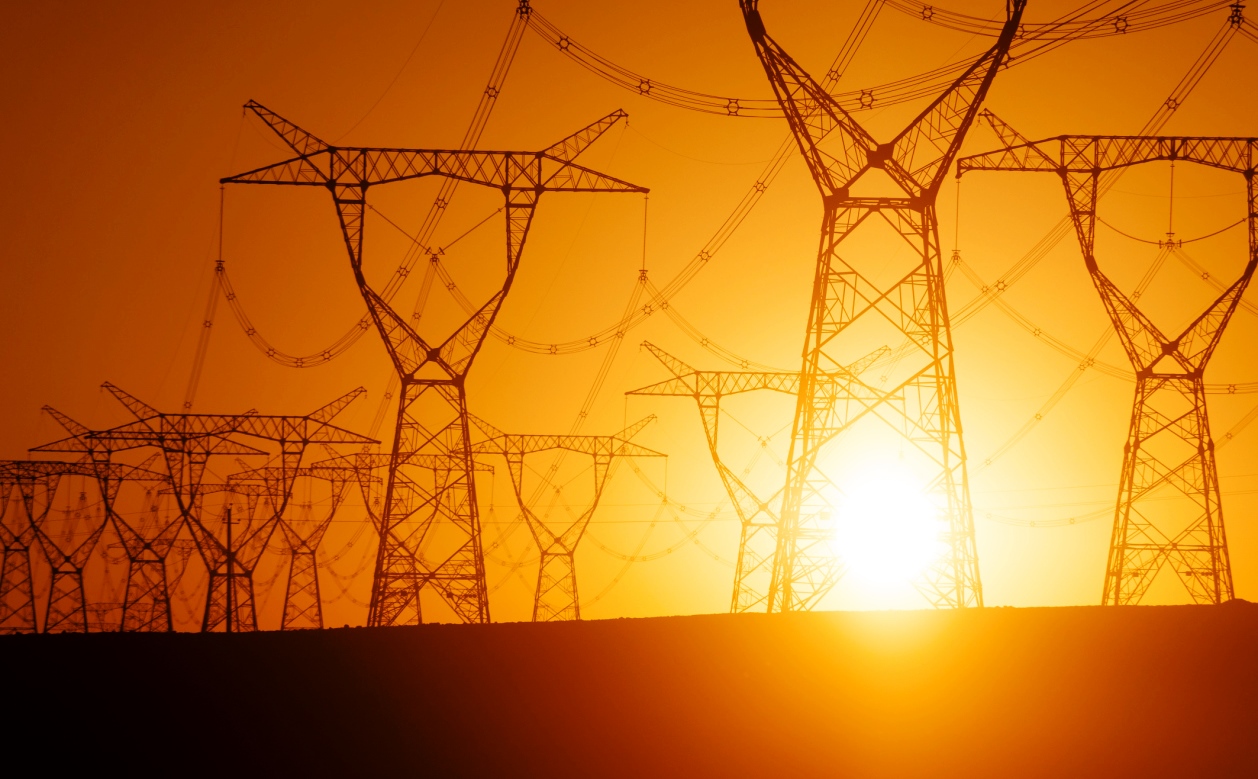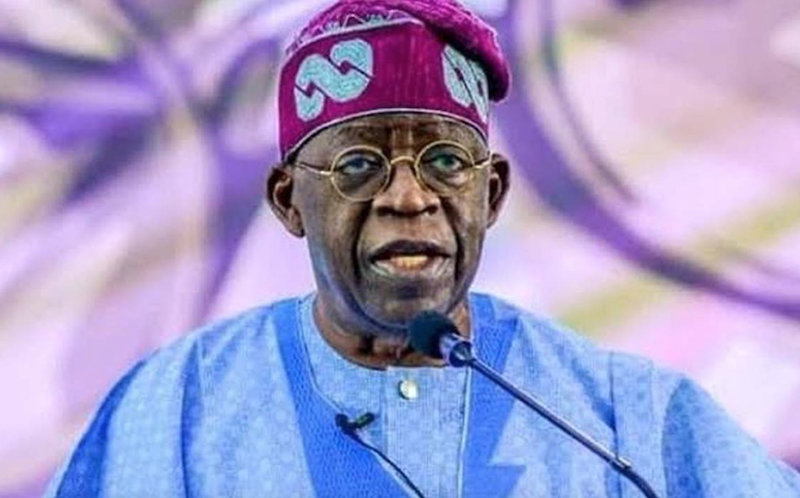President Bola Tinubu has disclosed the national grid only serves about 15 per cent Nigeria’s electricity demand, saying this has left households and factories to rely on expensive self-generation.
TheNewsGuru.com (TNG) reports President Tinubu said this at the Nigerian Electricity Supply Industry (NESI) Market Participants and Stakeholders Round Table (NMPSR) on Monday in Abuja.
Tinubu said this while disclosing that the Federal Government will inaugurate a presidential task force to monitor and ensure progress of the deployment of key projects in the power sector.
The round table was held with the theme; “NESI Privatisation and its 10-Year Milestone: The Journey So Far, Opportunities and Prospects”.
The president, who was represented by Mr Sodiq Wanka, his Special Adviser on Energy and Power Infrastructure, Office of the Vice President, said there was the need for a taskforce to reposition the sector.
“This includes projects that will help un-constrain the grid, and deliver the full available generation capacity to our homes and factories.
“We have to create an environment where the worst performers do not continue to drag the sector down.
“All licensees must not only have the technical capacity to deliver on their license, but must also have the financial muscle to invest and grow their operations as preliminary analysis shows that DISCOS today are under-capitalised to the tune of N2 trillion.
“We must facilitate a re-organsation and a re-capitalisation process that brings in new partners and new capital to jumpstart performance in this critical sector of the value chain,” Tinubu said.
The president added that the Federal Government would accelerate the pace of deployment of renewables and solar energy in the right places.
He noted that there was a real opportunity to accelerate the deployment of inter-connected and isolated mini-grids to deliver power close to the point of use.
He said: “This will support the rollout of initiatives aimed at diesel displacement to reduce the carbon intensity of embedded power plants, while supporting innovative financing schemes for solar solutions in the home.”
The president said that the key objectives of the privatisation effort was to improve the efficiency of the power sector, unlock private sector investments, and unleash Nigeria’s potentials through an energised economy.
“10 years on, I believe it is fair to say that the objectives of the sector’s privatisation have by and large, not been met. Over 90 million Nigerians lack access to electricity.
“The national grid only serves about 15 per cent of the country’s demand. This has left households and factories to rely on expensive self-generation, which supplies a staggering 40 per cent of the country’s demand.
“What is worse, is that the total amount of electricity that can be wheeled through the national grid has remained relatively flat in the last 10 years. The grid capacity has increased from just over 3,000 Mega Watts MW to just over 4,000MW today.
“There is a lot of work to be done in building an electricity sector that we can all be proud of. And as we embark on this arduous task, we must go in with a number of principles to guide our decision-making,” he said.
The president said that the Federal Government fully realised that this plan could not be achieved without a new trajectory for the power sector.
He therefore, reiterated government’s commitment to providing the enabling environment that would unleash private sector capital in the power sector.
“And the private sector will find in the government a true partner, willing to listen and to unblock the challenges they face as we collectively electrify Nigeria,” Tinubu pledged.
On his part, the Minister of Power, Mr Adebayo Adelabu, said that it was pertinent for all stakeholders in NESI to come together in a roundtable to discuss the reasons behind the failure of the sector’s privitasation.
Adelabu said that the roundtable would enable stakeholders to brainstorm on what to be done to achieve the objective of the privitasation of the power sector.
“Most countries throughout the world do not privatise their electricity supply value chain from generation to distribution.
“Bad enough that we have done this, how can we work around the current status to achieve our priorities and objectives.
“It is not a job for just one person or stakeholder. Everybody has a role to play, so we must all come together strong to achieve success in the power industry.
“Everybody must stand up to the challenge so that we can correct the issues in the sector and give stable and reliable electricity to Nigerians,” the minister said.
Adelabu said that 10 years down the line of privitasation, there was need to look at the technical capacities and investments made by the Distribution Companies (DisCos) and the Generation Companies (GenCos).
“These are the very serious conversation we need to have with the private sector operators,” he said.
Earlier, Prof Stephen Ogaji, Chairman NMPSR Planning Committee said ”without doubt, the energy sector was the heartbeat of any thriving economy, and the NESI roundtable demonstrated stakeholders collective commitment to advancing this critical sector.
“We gather here today as representatives from various sectors – public and private, regulatory bodies, investors, technocrats, and visionaries – all driven by a shared purpose – to enhance and shape the trajectory of Nigeria’s energy future.
“As we embark on the deliberations over the coming days, let us remember that the challenges we face are formidable, but so also is our collective capacity to address them.
“Our discussions, collaborations, and insights will pave the way for innovative solutions that can usher in an era of reliable, efficient, and sustainable electricity supply,” Ogaji said.
He urged participants to engage in constructive dialogues, challenge conventional thinking, and identify strategies that would not only transform the power industry, but also the lives of citizens.






